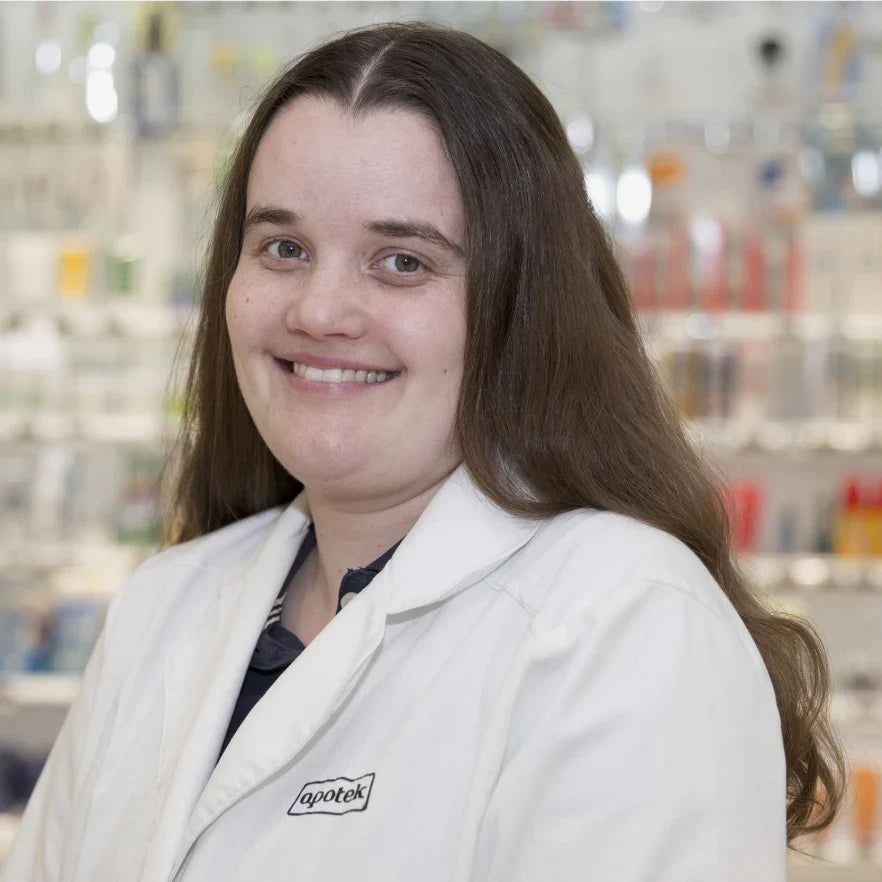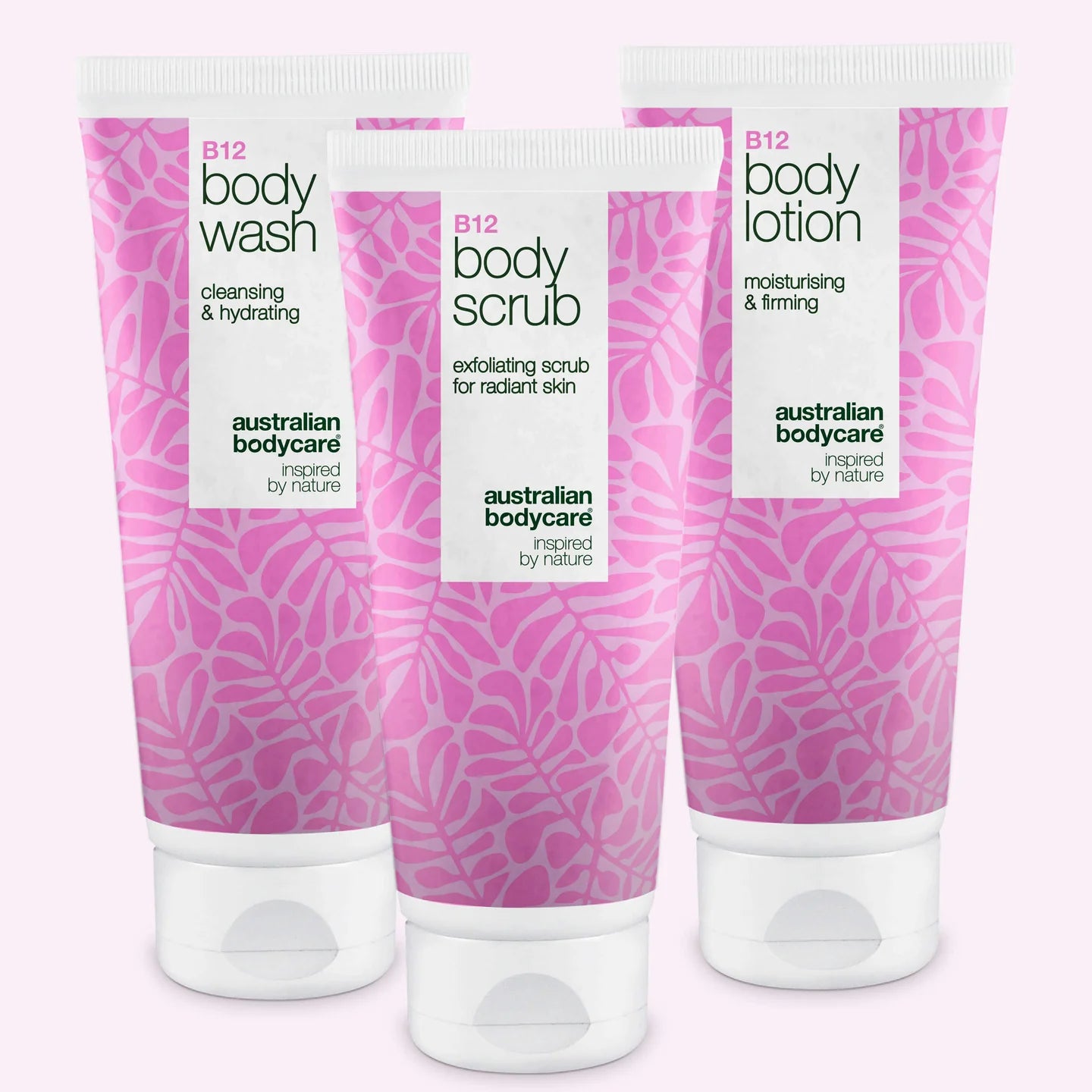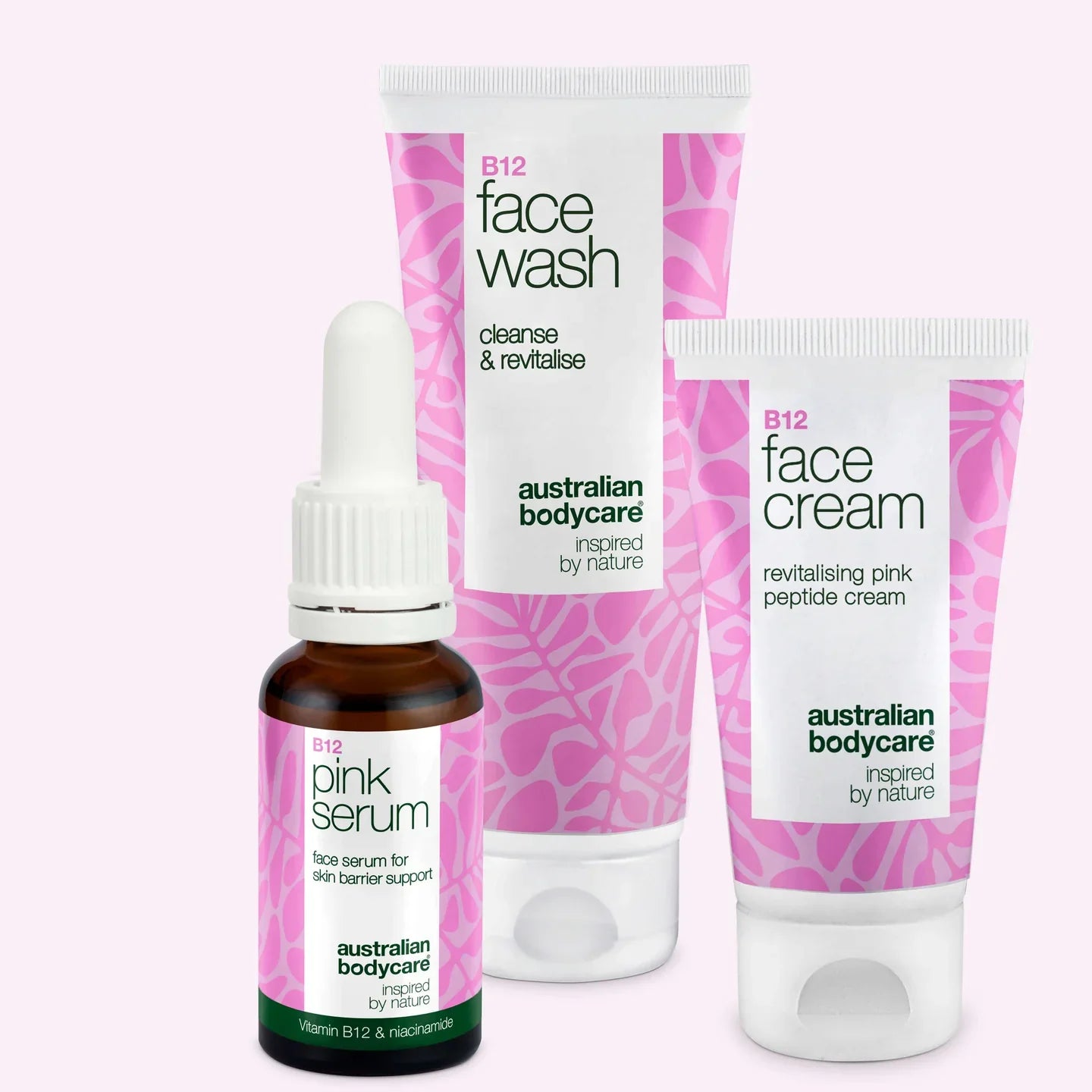7 questions for the dermatologist: Impure skin and acne
Impure skin and acne can be a source of great frustration. There are a lot of myths and bad advice about acne. That's why we asked dermatologist Kristian Bakke Arvesen to shed some light on this skin condition.
Table of contents
1) Why do you get pimples?
Pimples or acne is a common skin condition. It is called the pilosebaceous unit, which consists of the hair follicle and sebaceous gland. It is an inflammatory condition and is caused by several factors.
"The bacterium Propionibacterium acnes, which is found on the skin, is thought to play a major role in the development of pimples and acne as it produces substances that promote inflammation. The amount of this bacterium increases when you reach puberty," says Kristian Bakke Arvesen.
There are also other factors, such as heredity, hormones, diet and other bacteria that play a role both in combination and alone.
2) What is the white part of the pimple?
When pimples develop, there is an overproduction of sebum in the sebaceous glands. They produce oil that makes the skin feel oily.
'Overproduction of sebum and changes in the skin cells around the hair follicle cause the follicle opening to close. This leads to a build-up of sebum and bacteria, which you see as a white mould,' explains Kristian Bakke Arvesen.
3) What’s the difference between acne and impure skin?
According to Kristian Bakke Arvesen, the word 'acne' is a slightly misunderstood term:
"When you hear the word acne, most people think of big yellow pimples. But acne in the medical sense consists of a spectrum from small white blackheads to large deep cysts of pimples. In medical terms, impure skin consits of comedones, which are essentially blackheads."
4) Where do pimples typically occur?
"Acne is most common on the face, neck, chest/back and upper arms. This is because the sebaceous glands in these areas are larger and more numerous than elsewhere on your body."
5) How do you avoid pimplesHvordan undgår man bumser?
According to Kristian Bakke Arvesen, it's all about taking the best possible care of your skin. This includes cleansing the skin with a mild cleansing soap.
You should also avoid perfumed soaps, oil-based make-up and very oily skin products. Also avoid scrubbing your skin as this can aggravate acne.
6) Should you push pimples?
”No, this is not recommended, as it increases risk of scars, and it can lead to an infection”, says the dermatologist.
7) What helps towards pimples?
"Depending on the type and severity of your acne, you can use different prescription products. These can range from facial cleanser and cream/gel to antibiotic tablets and vitamin A pills," says Kristian Bakke Arvesen.
About Kristian Bakke Arvesen
Kristian Bakke Arvesen is a specialist in skin diseases and owner/CEO of Fluffbrow.no. He has extensive experience in the dermatological speciality from both private and public hospitals.





